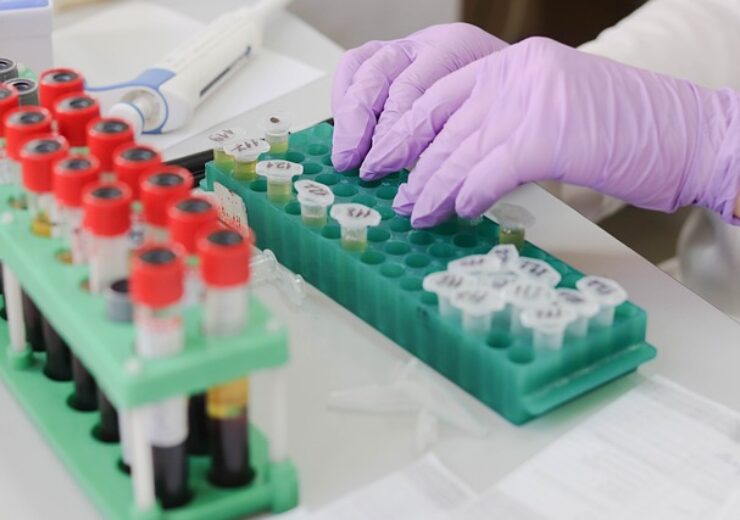The decision from NICE marks a shift from its previous preliminary stance of not supporting the use of talazoparib for adults with BRCA 1 or 2 mutated HER2-negative locally advanced or metastatic breast cancer post-chemotherapy, and has been driven after Pfizer offered an increased discount on the drug

UK’s NICE endorses the use of talazoparib in advanced breast cancer. (Credit: Tatiana from Pixabay)
The UK’s National Institute for Health and Care Excellence (NICE) has recommended the use of talazoparib for the treatment of a form of locally advanced or metastatic breast cancer.
The endorsement, which is set to impact nearly 300 patients, will become official in February 2023 following the draft guidance’s finalisation.
This decision from NICE marks a shift from its previous preliminary stance, which did not support the use of talazoparib for adults with BRCA 1 or 2 mutated HER2-negative locally advanced or metastatic breast cancer post-chemotherapy.
The change in recommendation came after Pfizer offered an increased discount on talazoparib, also known as Talzenna. Following this approval, NICE will have given favourable verdicts for all 20 of the breast cancer treatments it has appraised since 2018, positioning talazoparib as an alternative to chemotherapy.
NICE medicines evaluation director Helen Knight said: “Today’s announcement addresses a significant need by giving people with these types of cancer access to an additional treatment. And because talazoparib is taken as a once-daily tablet it means it’s much more convenient for people who would otherwise need to go into hospital for intravenous chemotherapy.
“Although some uncertainty in the clinical evidence remains, when considering the impact of advanced breast cancer and its effect on quality and length of life, the improved discount from the company means we can now recommend talazoparib for use in the NHS.”
As of now, the NHS lacks targeted treatments for this type of advanced breast cancer, and alternative therapeutic options are scarce. Existing treatments primarily include chemotherapy (mainly taxanes) and best supportive care.
Clinical trial evidence indicates that talazoparib prolongs the duration patients live without cancer progression compared to chemotherapy, although it doesn’t show a difference in overall survival rates.
Talazoparib belongs to a class of treatments known as PARP inhibitors, which are designed to shrink or slow the growth of specific cancer cells.
Institute of Cancer Research, London Cancer Genomics professor Chris Lord said: “This is a huge moment for the treatment of advanced forms of inherited breast cancer caused by mutations in the BRCA1 and BRCA2 genes.
“For the first time, NHS patients with this kind of breast cancer will be able to access a new drug which exploits the specific biology of their cancer. We are delighted that NICE have made this recommendation.”
